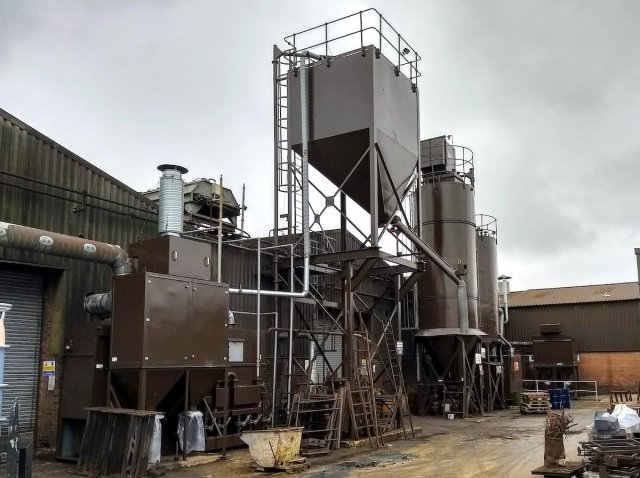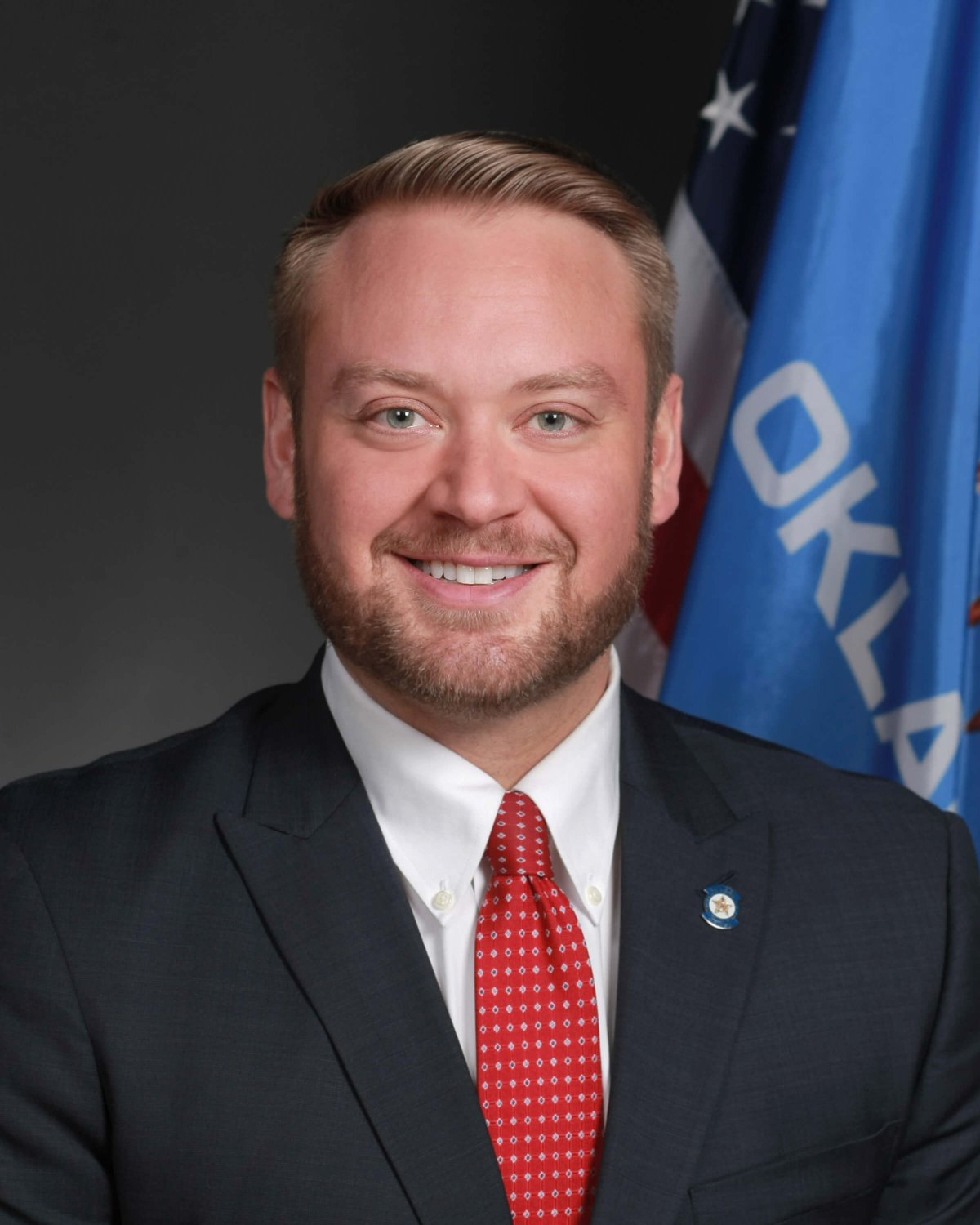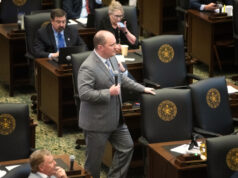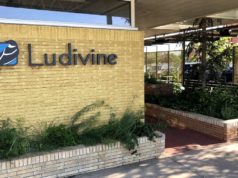Registered apprenticeship programs lead to good-paying careers and a healthy economy. However, when apprenticeship programs are not regulated properly, those in charge could take advantage of workers.
Currently, the U.S. Department of Labor is recreating its successful apprenticeship program. The proposed design for “industry-recognized apprenticeship programs” or IRAPs would effectively change the regulating body and oversight from the Department of Labor to the industries that use apprentices.
Apprenticeships, with proper oversight and standards, can equip workers to realize their potential and find a career that not only provides for their families but also offers a sense of purpose.
Apprenticeships can also help industry by providing a workforce that is eager to learn and be trained specifically for the needs of the company, and they can do so in a way that mitigates the traditional costs and risks of hiring an untrained, inexperienced employee.
IRAP lets industry make the rules
At the State Capitol, we talk a lot about reinvesting in rural Oklahoma, but without strong apprenticeship programs, many communities don’t have enough of a skilled workforce to attract the industries needed to strengthen Oklahoma’s rural economy.
Changing the regulatory element of apprenticeships is dangerous and will negatively impact Oklahoma’s apprenticeships by putting workers at risk. The current program works well and is lauded by companies that use apprentices. So the question has to be, why should it change?
By allowing industry to make the rules and decide what qualifies as an “industry-recognized apprenticeship program,” the U.S. Department of Labor intends to remove itself from regulatory oversight and place accountability to the accredited industries. But there is still a lot of ambiguity as to what authority the industries will have to enforce compliance, quality training, worker protections and prevailing wages, which are all covered under traditional apprenticeships.
People that chose an apprenticeship pathway should have opportunities in their community to progress in a career and not have to worry about being scammed by a fraudulent self-regulated “apprenticeship” program.
If we are serious about wanting various career pathways for Oklahomans, we must push back against the IRAP rule change and demand government oversight for regulated apprenticeship programs.
(Editor’s note: NonDoc allows elected officials to submit commentary pieces outside of legislative session and when they are not currently engaged in an active election. For more information, contact editorial@nondoc.com.)























